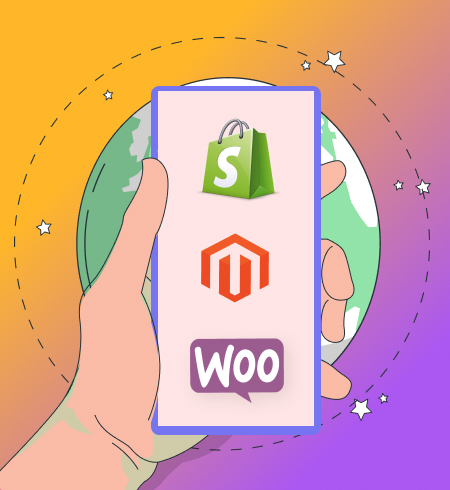Table of Contents

Online shopping has changed the way people buy and sell. Setting up an online store today is much simpler than before. This guide breaks down the most popular e-commerce platforms and helps you choose the right one for your business.
Shopify
Ideal for newcomers and small enterprises, Shopify provides a simple method to begin selling online. The platform provides all the essential features required for an e-commerce store. Although monthly fees and transaction charges are included, the user-friendly interface compensates for those costs. Most small retailers can launch their stores in just a few days.
WooCommerce
Want complete control over your store? WooCommerce lets you build it your way. It works with WordPress and won’t break the bank to start. You can change everything about how your store looks and works. The catch? You’ll need to learn some basic tech stuff, but nothing too scary. Think of it as a DIY project – takes more work but gives you precisely what you want.
BigCommerce
If you’re trying to grow your business, this platform is an excellent option for you. One of the best things about it is that you won’t face extra charges on your sales. This means you can keep more of your earnings as your business becomes more successful. While it might take some time to set everything up and get familiar with how it works—most shop owners spend a few weeks learning the ropes—once it’s up and running, it can handle everything from a handful of sales to many thousands seamlessly..
Square Online
Looking for something simple? Square Online keeps things basic and straightforward. Start free, pay only when you sell stuff. No fancy bells and whistles here, just a straightforward way to sell online. Perfect for small shops that want to start selling today without getting lost in complicated features.
PrestaShop
Here’s a free option that works okay for small stores. It’s like a starter car – gets you moving, but you’ll probably want something better later. Good for testing if online selling works for you, but most growing shops end up switching to something else pretty quickly.
Magento
Think of Magento as the big league platform. It’s for serious stores with lots of products and sales. Most small shops should skip this one – it’s like using a bulldozer to plant flowers. Unless you’re running a large business, there are simpler options out there.




